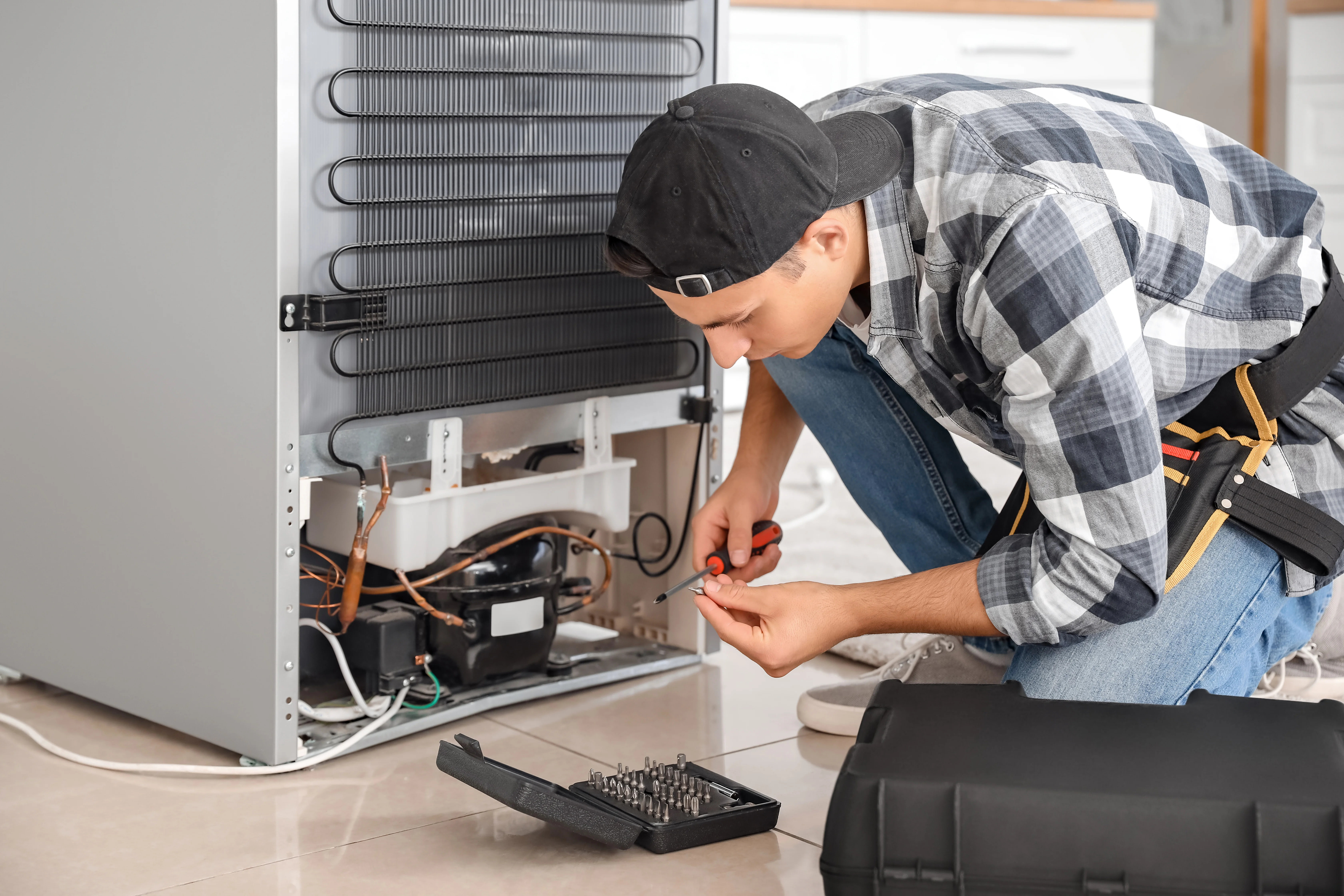

Articles
How Much To Repair Refrigerator
Modified: January 6, 2024
Get expert advice and articles on refrigerator repair costs. Discover how much it typically costs to repair your refrigerator and save money on repairs.
(Many of the links in this article redirect to a specific reviewed product. Your purchase of these products through affiliate links helps to generate commission for Storables.com, at no extra cost. Learn more)
Introduction
Refrigerators are an essential appliance in every household, keeping our food fresh and healthy. However, like any other appliance, refrigerators can experience issues over time, leading to the need for repairs. Whether it’s a minor problem or a major malfunction, understanding the potential costs of refrigerator repairs can help you make informed decisions and budget accordingly.
In this article, we will explore common refrigerator problems, factors that can affect repair costs, the cost of major and minor repairs, and whether it’s best to attempt a DIY repair or hire a professional. Additionally, we will share some tips to help you save money on refrigerator repairs.
By the end of this article, you will have a better understanding of the potential costs involved in repairing a refrigerator and be equipped with the knowledge to make the best decisions for you and your appliances.
Key Takeaways:
- Understanding the common refrigerator problems, factors affecting repair costs, and the expenses of major and minor repairs empowers you to make informed decisions and save money on maintaining your appliance’s health and longevity.
- Prioritizing regular maintenance, addressing issues promptly, and comparing repair quotes can help you minimize refrigerator repair costs while ensuring the efficient functioning of your appliance.
Read more: How Repair Refrigerator
Common Refrigerator Problems
Refrigerators can encounter a wide range of problems, some of which are more common than others. Let’s take a look at some of the most frequent issues that homeowners encounter:
- Temperature fluctuations: One common problem is when the refrigerator fails to maintain a consistent temperature. This can cause food to spoil quickly or not stay fresh for long.
- Ice maker issues: Many refrigerators come equipped with ice makers, but they can experience problems like not producing ice or dispensing it improperly.
- Water leakage: Discovering water pooling beneath your refrigerator can indicate a leaky hose, faulty inlet valve, or a blocked drainage system.
- Strange noises: If your refrigerator is making unusual noises such as buzzing, rattling, or knocking sounds, it may be a sign that something is amiss.
- Door seal problems: The rubber gasket around the refrigerator door, known as the door seal or gasket, can get worn out or damaged over time. This can lead to air leaks and temperature inconsistencies.
- Defrosting issues: Refrigerators with automatic defrosting systems can experience problems if the defrosting mechanism malfunctions. This can result in excessive frost build-up and inadequate cooling.
These are just a few of the common problems that can occur with refrigerators. It’s important to diagnose the issue accurately to determine the necessary repairs and associated costs.
Factors Affecting Repair Costs
When it comes to repairing a refrigerator, there are several factors that can influence the overall cost of the repairs. It’s important to consider these factors before estimating the expenses involved. Here are the key factors that can affect the repair costs:
- Extent of the problem: The severity of the refrigerator issue plays a significant role in determining the cost of repairs. Minor problems such as a faulty thermostat or a clogged drain may be less expensive to fix compared to major issues like a compressor failure.
- Age of the refrigerator: Older refrigerators may require more extensive repairs or replacement parts that are harder to find, potentially making the repairs more costly.
- Warranty coverage: If your refrigerator is still under warranty, certain repairs may be covered, which can significantly reduce your out-of-pocket expenses. Be sure to check the terms of your warranty before proceeding with repairs.
- Brand and model: Different refrigerator brands and models can have varying repair costs. Some brands may offer more affordable replacement parts, while others may have specialized components that are more expensive.
- Accessibility of the problem: The accessibility of the faulty component can also impact the repair costs. If the repair technician needs to disassemble multiple parts or remove the refrigerator from its location, it can add to the overall labor and time required for the repair.
- Location and service fees: The geographical location and service charges of repair technicians can vary. The cost of repairs may be higher in certain areas or if you choose a specialized technician.
Keep in mind that these factors interact with each other and can influence the final repair costs. It’s essential to get a detailed assessment from a qualified technician to determine the specific factors influencing your repair expenses.
Next, we will delve into the cost range of major and minor refrigerator repairs, giving you a better idea of what to expect.
Cost of Major Refrigerator Repairs
Major refrigerator repairs often involve significant components and can be more costly compared to minor repairs. Understanding the potential expenses associated with major repairs can help you prepare financially. Here are some examples of major refrigerator repairs and their estimated costs:
- Compressor replacement: The compressor is a vital component of the refrigerator’s cooling system. If it fails, the refrigerator will not cool properly. The cost of a compressor replacement typically ranges from $300 to $600, including labor and parts.
- Evaporator coil replacement: The evaporator coil is responsible for cooling the air inside the refrigerator. If it becomes faulty, it may need to be replaced. This repair can cost between $200 and $500, depending on the refrigerator model and accessibility of the component.
- Condenser fan motor replacement: The condenser fan motor helps dissipate heat from the refrigerator’s condenser coils. If it malfunctions, the refrigerator may not cool effectively. The cost of replacing a condenser fan motor usually falls within the range of $150 to $300.
- Control board replacement: The control board regulates various functions of the refrigerator, such as the temperature settings and defrost cycle. If it fails, it may need to be replaced. The cost of a control board replacement can range from $200 to $400.
- Sealed system repair: The sealed system includes the compressor, condenser, and evaporator coils, and refrigerant lines. If there is a leak or other issues with the sealed system, it requires specialized repairs, and the cost can vary significantly. It may range from $400 to over $1000, depending on the extent of the problem and the model of the refrigerator.
Please note that these are rough estimates and the actual costs may vary based on various factors such as location, the complexity of the repair, and the labor rates of technicians. It is always recommended to get a professional assessment and estimate for the specific repair needed.
Next, we will discuss the costs associated with minor refrigerator repairs.
Regular maintenance can help prevent costly refrigerator repairs. Clean the coils, check the door seals, and replace water filters as recommended by the manufacturer.
Cost of Minor Refrigerator Repairs
Minor refrigerator repairs are typically less complex and involve smaller components or adjustments. While the costs may be relatively lower, it’s still important to consider these expenses when budgeting for repairs. Here are some examples of minor refrigerator repairs and their estimated costs:
- Thermostat replacement: The thermostat regulates the temperature inside the refrigerator. If it becomes faulty, it may need to be replaced. The cost of a thermostat replacement typically ranges from $100 to $200, including parts and labor.
- Door seal replacement: The rubber gasket around the refrigerator door, known as the door seal or gasket, can wear out over time. If it is no longer sealing properly, it may need to be replaced. The cost of a door seal replacement generally falls within the range of $100 to $150.
- Water inlet valve replacement: If your refrigerator is experiencing water leakage or issues with the water dispenser, it might indicate a faulty water inlet valve. The cost of replacing a water inlet valve typically ranges from $100 to $200.
- Defrost heater replacement: If your refrigerator is not defrosting properly, it may require a new defrost heater. The cost of a defrost heater replacement can range from $100 to $200, depending on the refrigerator model and the technician’s fees.
- Light bulb replacement: If the interior light in your refrigerator is not working, it may simply require a new bulb. The cost of replacing a light bulb is relatively low, usually around $10 to $20.
Remember, these are rough estimates and the actual costs may vary depending on the specific brand and model of your refrigerator, as well as the rates of the repair technician in your area. Additionally, it’s important to note that some minor repairs can be done yourself if you have the necessary skills and knowledge.
Next, we will explore the pros and cons of attempting a DIY repair versus hiring a professional technician.
Read more: How Much Is A Used Refrigerator
DIY vs Hiring a Professional
When faced with refrigerator repairs, you may be considering whether to tackle the issue yourself or hire a professional technician. Let’s weigh the pros and cons of each option:
DIY Repairs:
- Cost savings: One of the primary advantages of DIY repairs is the potential to save money on labor costs. If you have the necessary skills and knowledge, you can avoid paying for professional services.
- Flexibility and convenience: DIY repairs allow you to work on your own schedule and at your own pace. You can research and troubleshoot the issue in your own time, and you won’t have to wait for a technician to become available.
- Learning opportunity: DIY repairs can provide a valuable learning experience, allowing you to gain knowledge and skills in appliance repair. This can empower you to handle future repairs or even help friends and family with their appliances.
Hiring a Professional:
- Expertise and experience: Professional technicians have specialized knowledge and experience in repairing refrigerators. They can accurately diagnose the problem and efficiently resolve it, saving you time and effort.
- Genuine parts and warranties: When you hire a professional, you can be assured that they will use genuine replacement parts, ensuring the quality and longevity of the repair. Additionally, many professional repair services offer warranties on their work, providing you with peace of mind.
- Safety and risk avoidance: Refrigerators are complex appliances that involve electrical and refrigerant systems. Attempting repairs without proper knowledge and precautions can be risky. Hiring a professional ensures safety and reduces the risk of further damage or injury.
Ultimately, the decision between DIY repairs and hiring a professional depends on your comfort level, skills, and the complexity of the repair. Simple and minor repairs like replacing a light bulb can be done DIY, but for more complex problems or if you are unsure, it is highly recommended to seek professional assistance to avoid further complications.
Next, we will share some tips for saving money on refrigerator repairs.
Tips for Saving Money on Refrigerator Repairs
While refrigerator repairs can sometimes be costly, there are several strategies you can employ to save money. Consider these tips to keep your repair expenses in check:
- Regular maintenance: Proper maintenance can help prevent major refrigerator problems. Clean the coils regularly, check the door seals for any signs of wear, and ensure proper ventilation around the appliance. By keeping your refrigerator in good condition, you can reduce the risk of expensive repairs.
- Address issues early: If you notice any signs of trouble with your refrigerator, such as temperature fluctuations or strange noises, address them promptly. Ignoring minor problems can lead to more significant issues that require costly repairs. Contact a professional for a diagnosis and timely repair.
- Compare repair costs: Obtain multiple quotes from reputable repair technicians to compare costs. Be sure to inquire about their labor rates, warranty policies, and the quality of replacement parts they use. This allows you to make an informed decision and potentially find the best deal.
- Consider extended warranties: Extended warranties can provide coverage for your refrigerator beyond the manufacturer’s warranty period. While it may involve an upfront cost, it can save you money in the long run by covering unexpected repairs. Carefully review the terms and conditions of the warranty before making a purchase.
- Research DIY repairs cautiously: If you decide to attempt a DIY repair, make sure to thoroughly research the problem and the steps involved. Utilize reputable sources such as manufacturer manuals, online repair guides, and reliable websites. Exercise caution and only proceed if you feel confident in your abilities.
- Join loyalty programs: Some manufacturers or repair services offer loyalty programs or memberships that provide discounts on repairs. Consider enrolling in these programs to take advantage of potential savings.
By following these tips, you can reduce the overall costs associated with refrigerator repairs and ensure the long-term reliability of your appliance without breaking the bank.
To wrap up, let’s summarize the key points discussed in this article.
Conclusion
Refrigerator repairs are a necessary part of maintaining and prolonging the lifespan of your appliance. By understanding common refrigerator problems, the factors that influence repair costs, and the expenses associated with major and minor repairs, you can make informed decisions when faced with a faulty refrigerator.
When considering whether to attempt a DIY repair or hire a professional, weigh the pros and cons carefully. While DIY repairs can save money and provide a learning experience, hiring a professional technician offers expertise, access to genuine parts, and ensures safety.
To minimize your repair costs, prioritize regular maintenance, address issues promptly, and compare quotes from different repair technicians. Additionally, consider extended warranties and loyalty programs to potentially save on future repairs.
Remember, each refrigerator repair situation is unique, and the costs can vary based on factors such as the extent of the problem, the age of the appliance, and your location. It is advisable to consult with a qualified technician for an accurate assessment of the repair needed and a precise estimate of the costs involved.
By implementing these strategies and staying proactive with maintenance and timely repairs, you can keep your refrigerator functioning efficiently and save money on potential repair expenses in the long run.
Armed with this knowledge, you can tackle refrigerator repairs with confidence and make the best decisions for the health and longevity of your appliance.
Is there anything else you would like to know or discuss? Let me know!
Frequently Asked Questions about How Much To Repair Refrigerator
Was this page helpful?
At Storables.com, we guarantee accurate and reliable information. Our content, validated by Expert Board Contributors, is crafted following stringent Editorial Policies. We're committed to providing you with well-researched, expert-backed insights for all your informational needs.
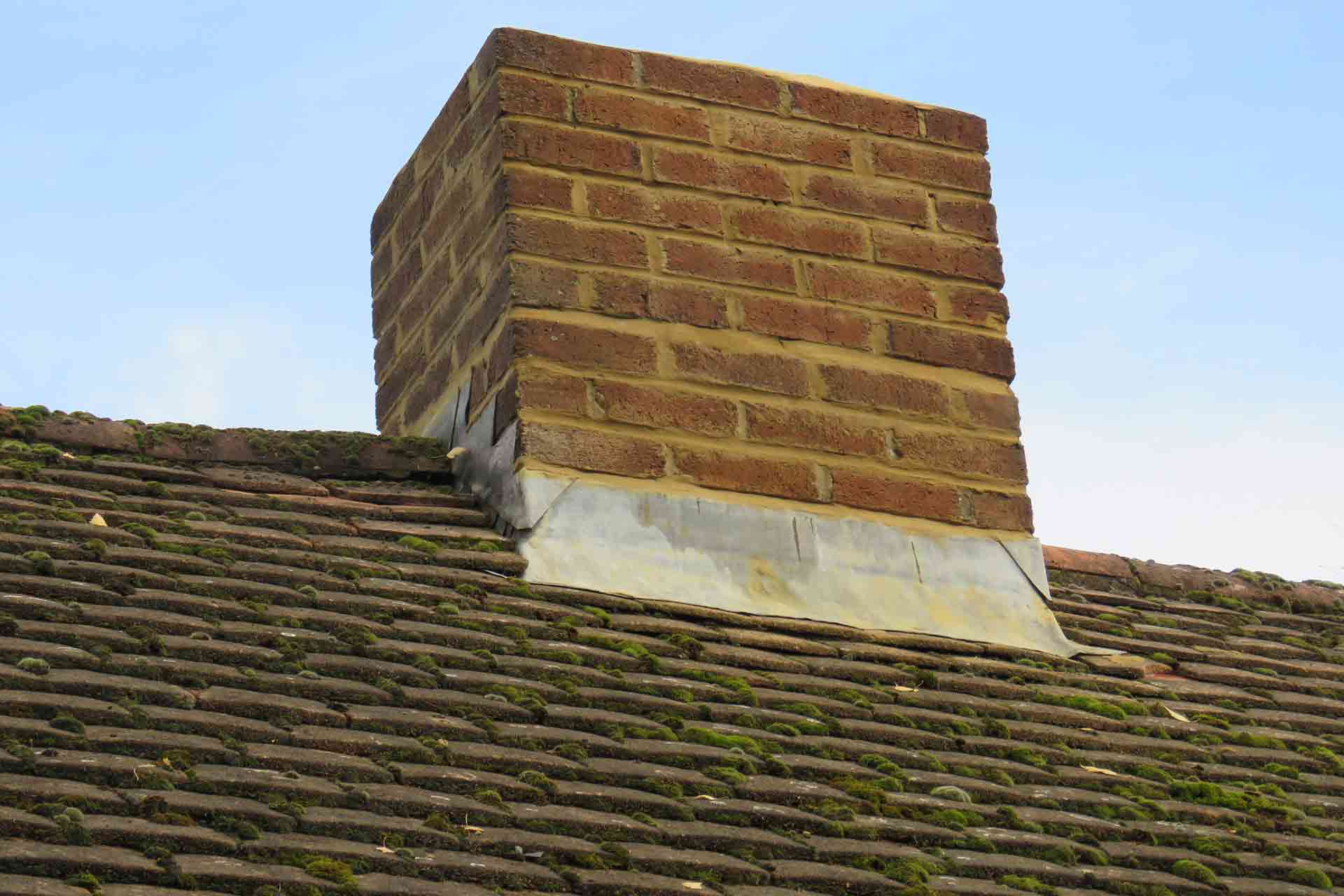

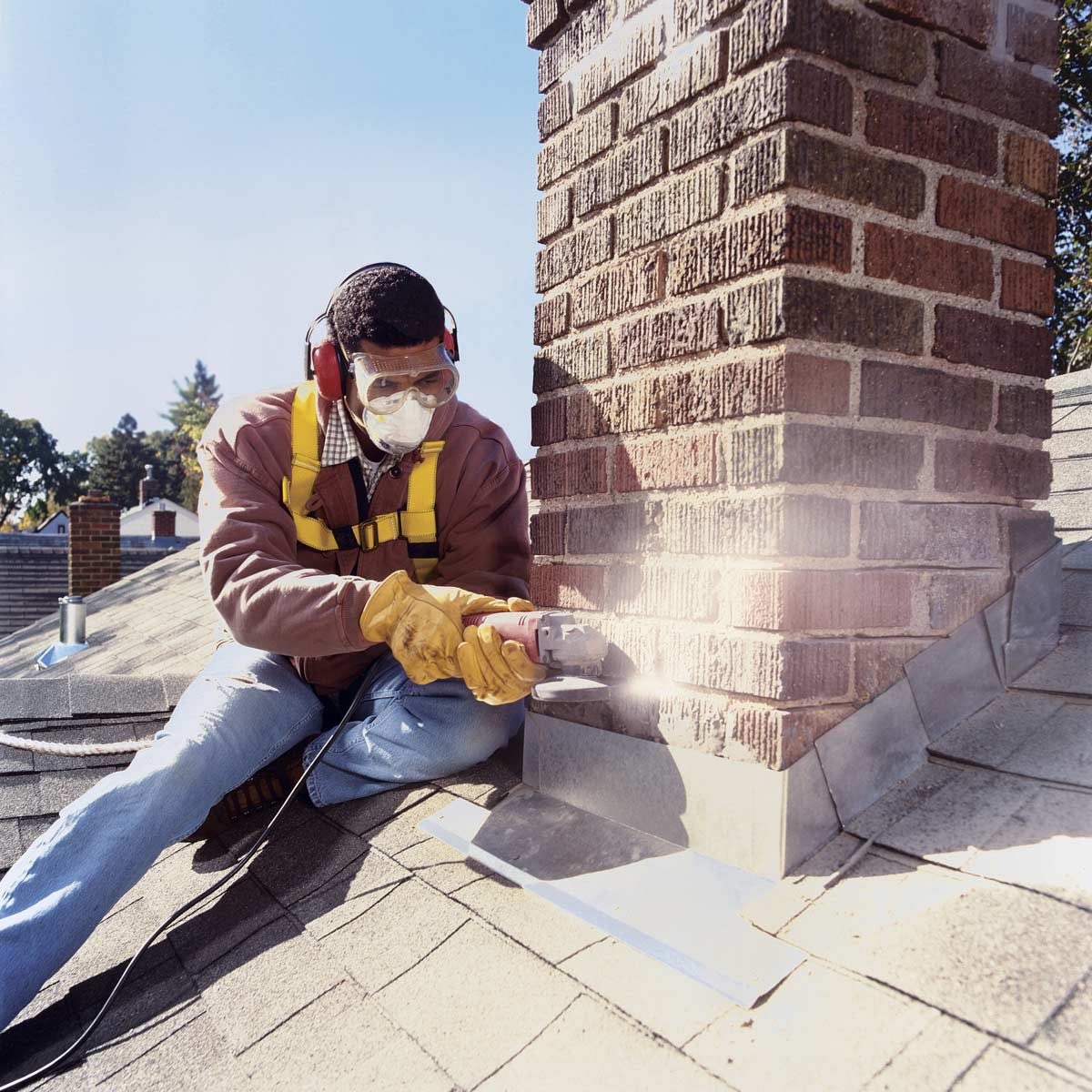
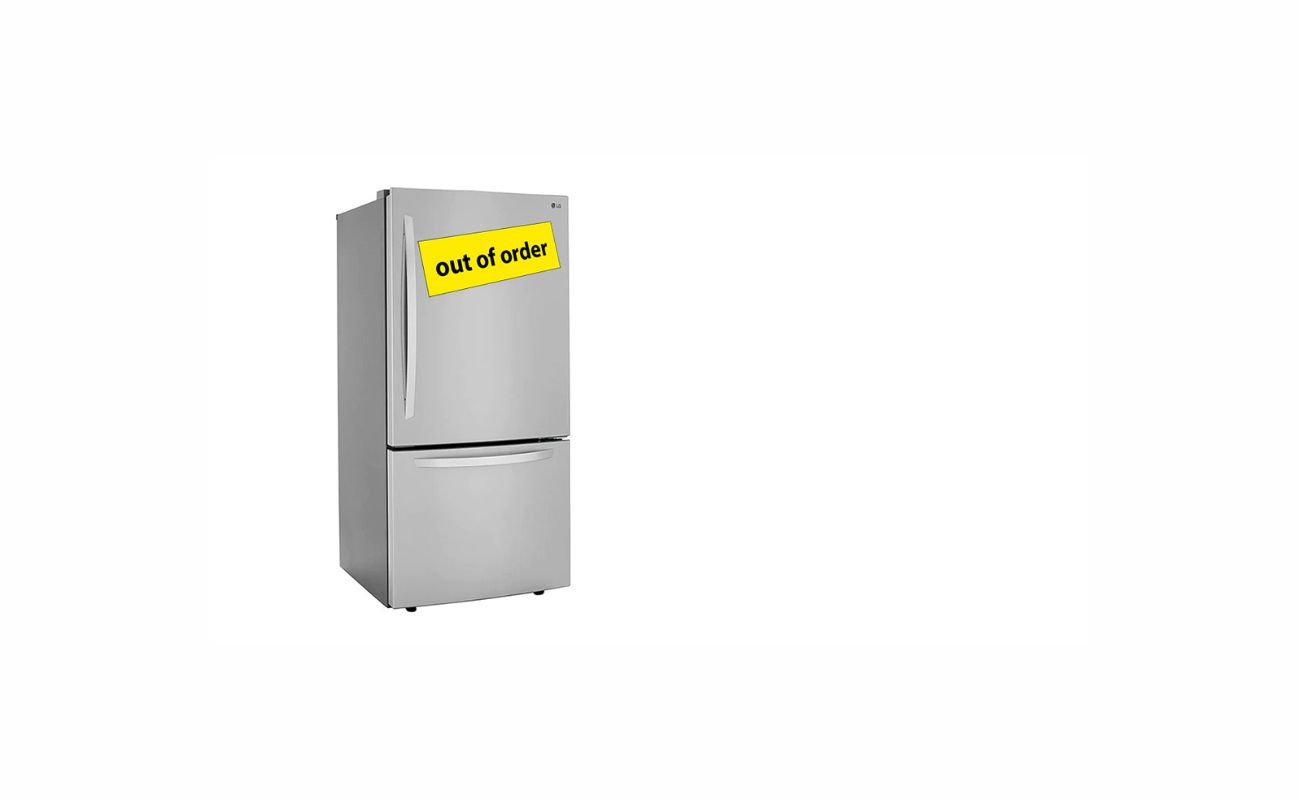
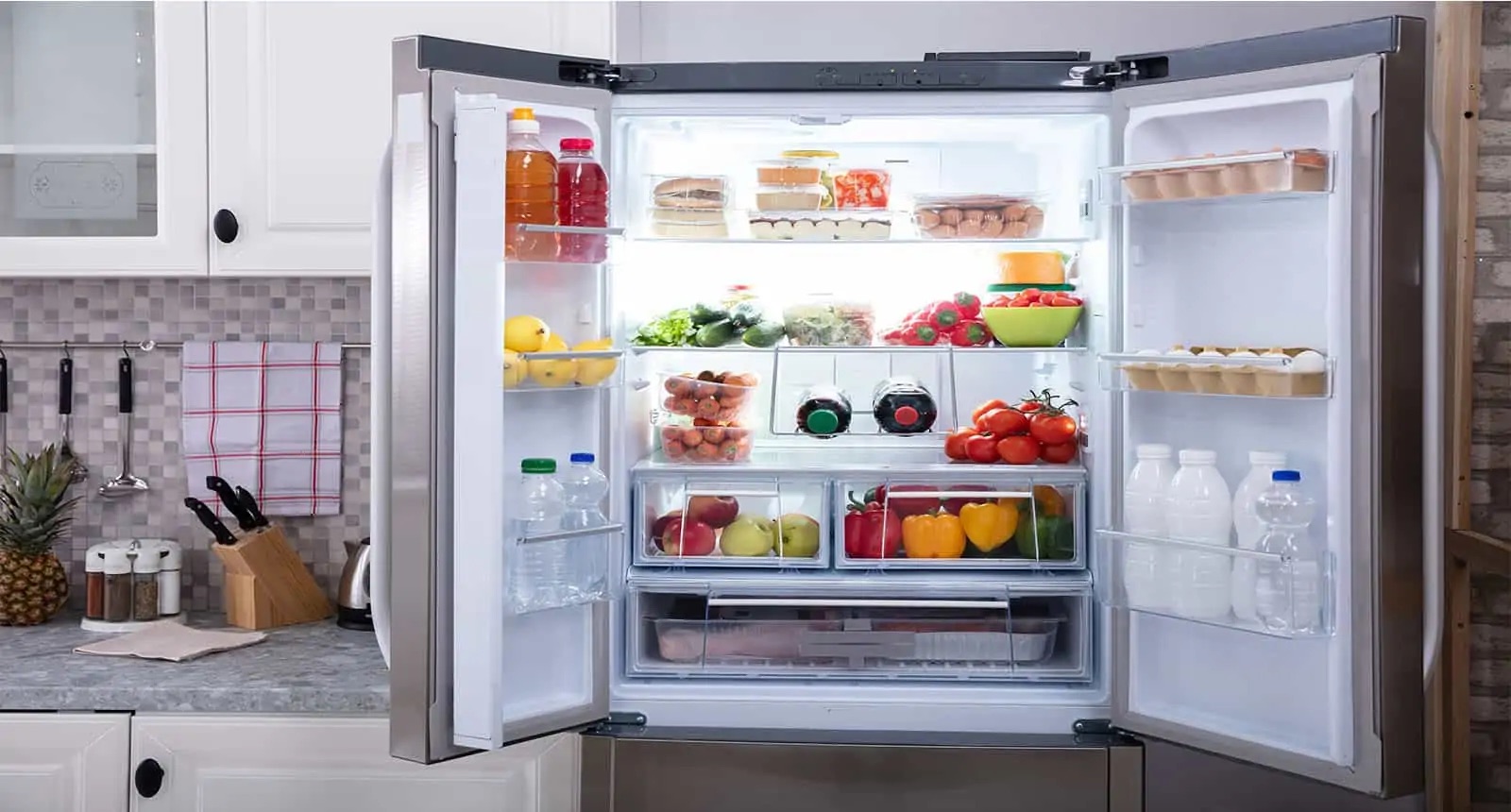
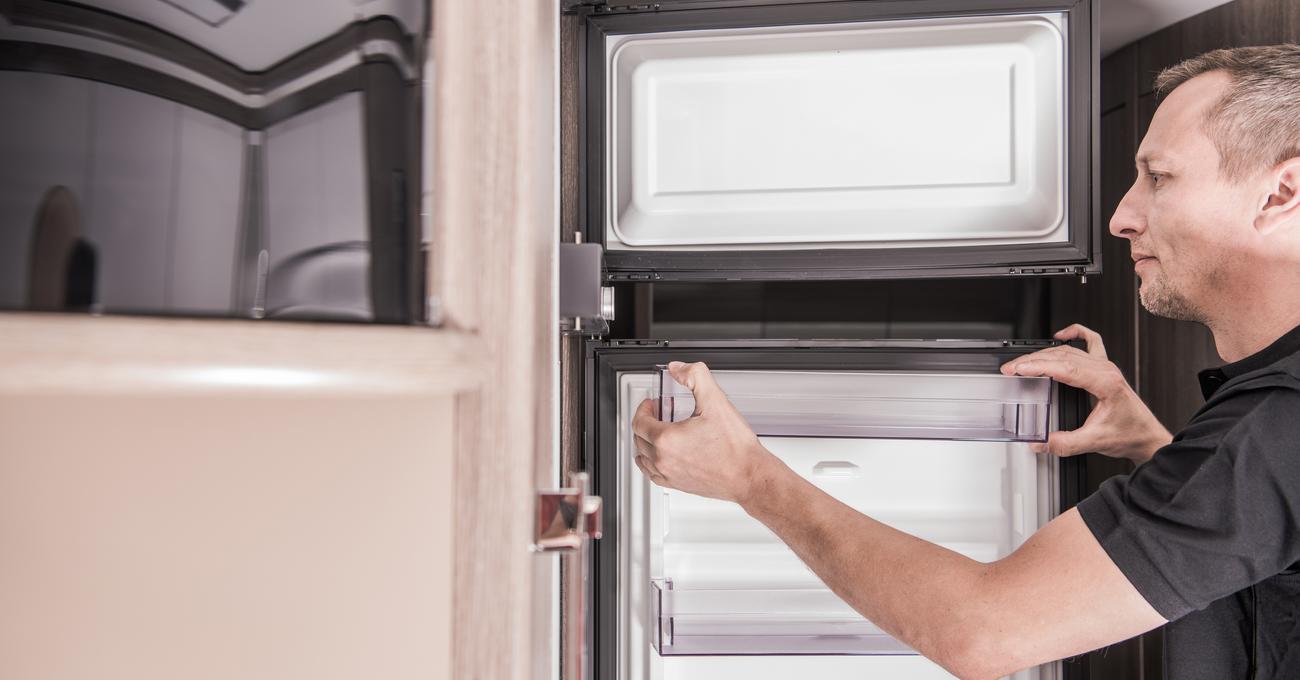
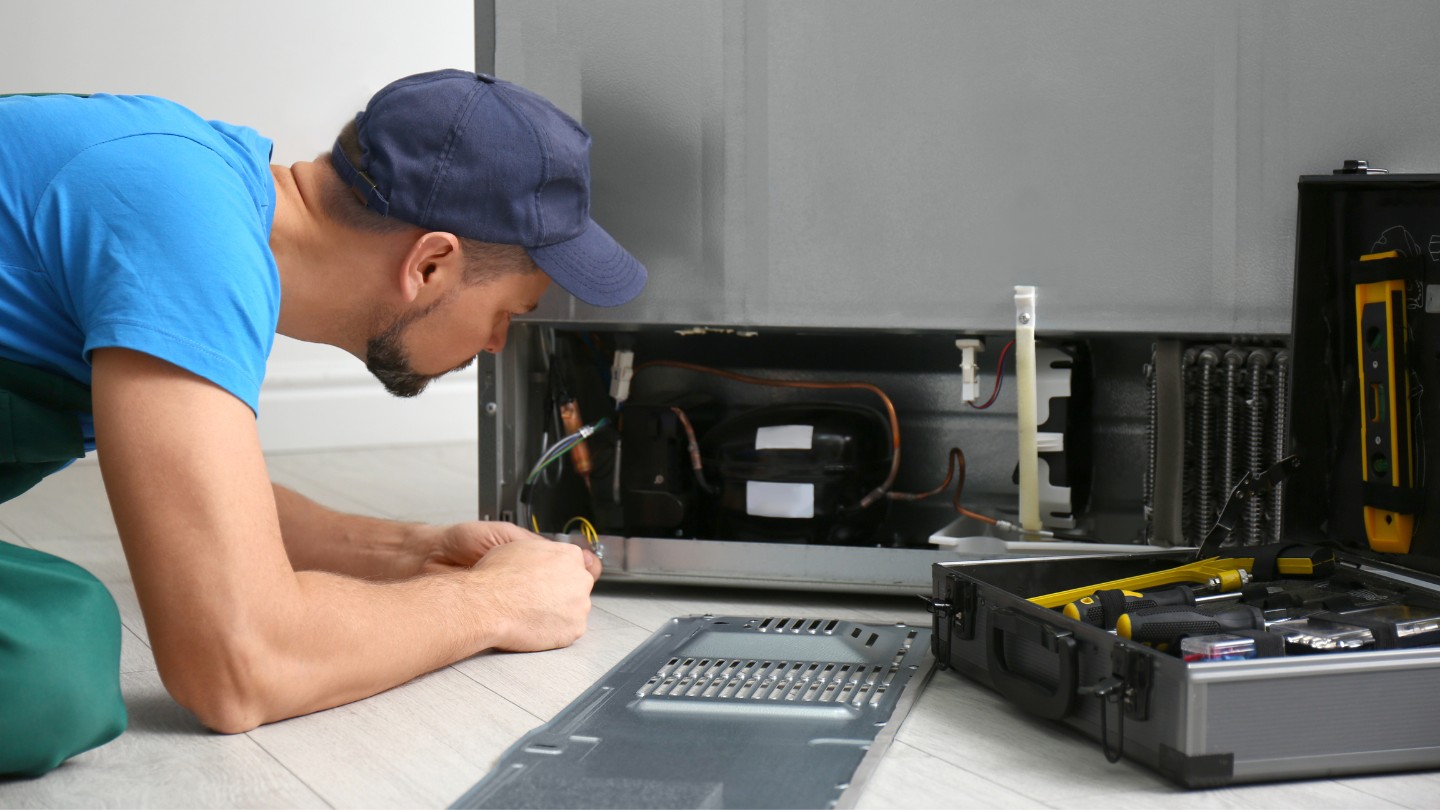
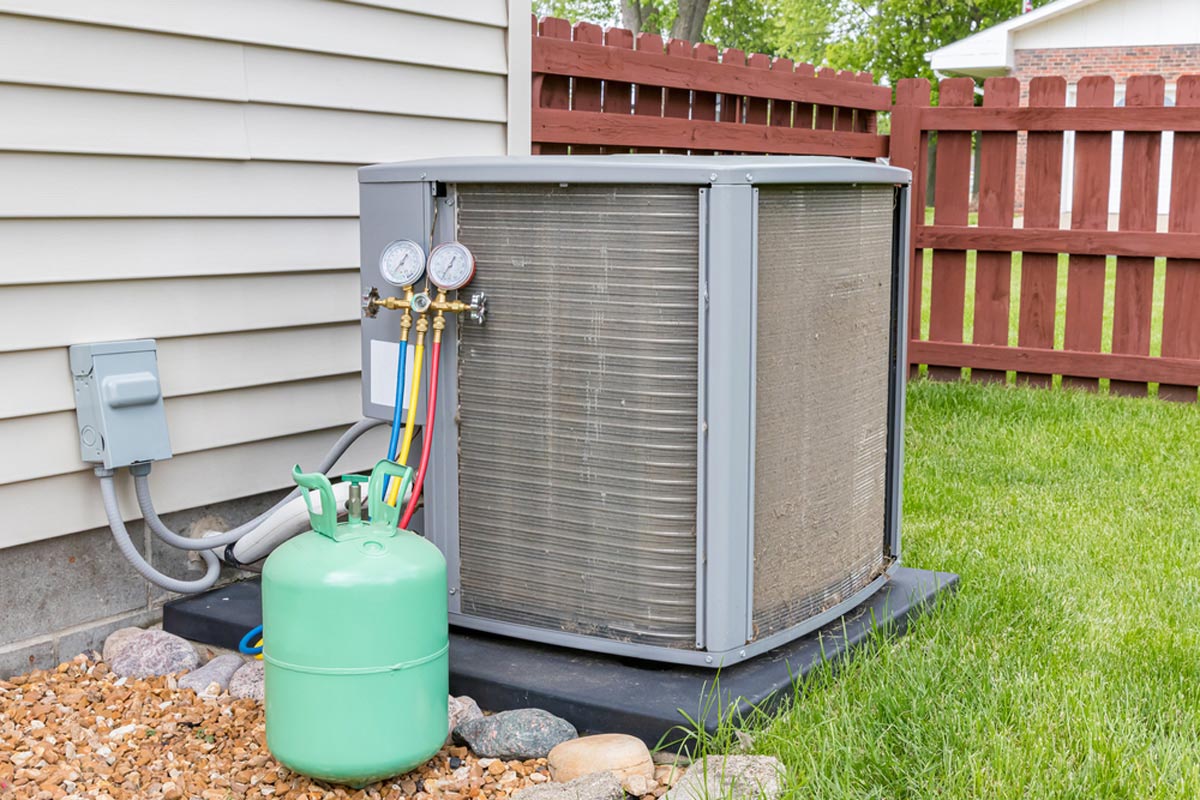
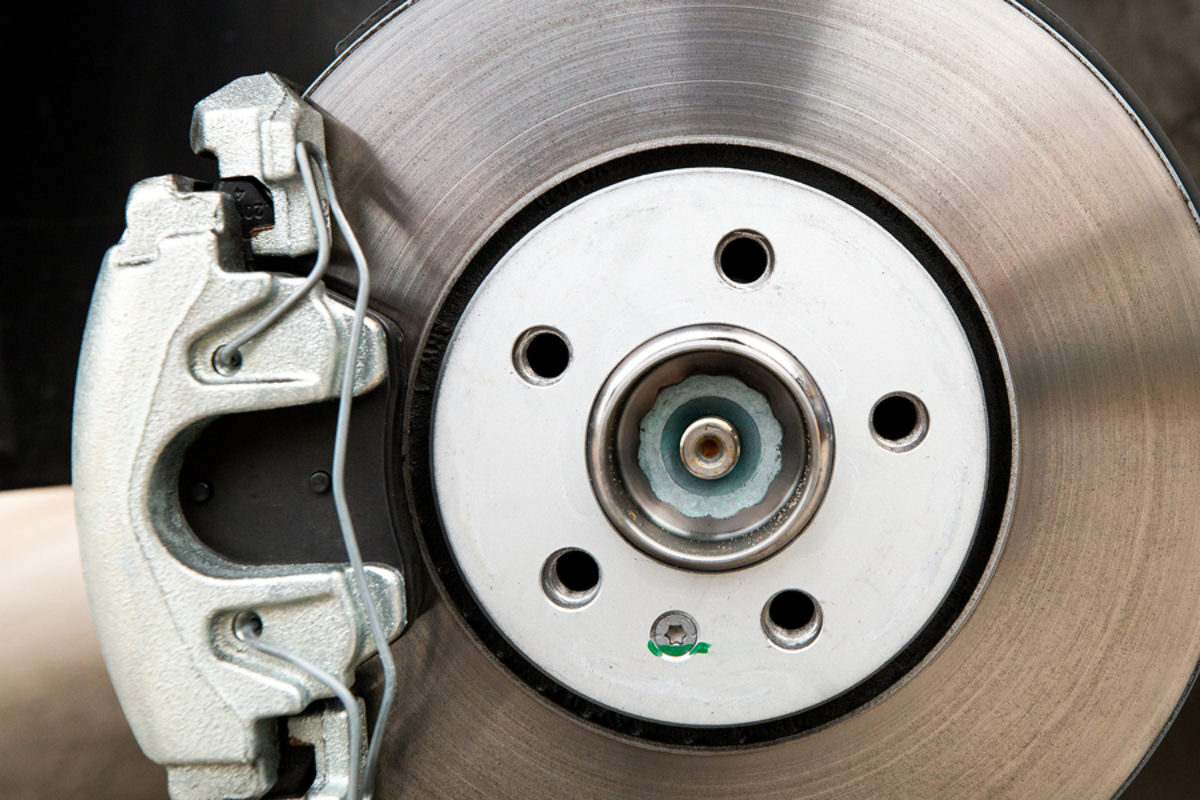
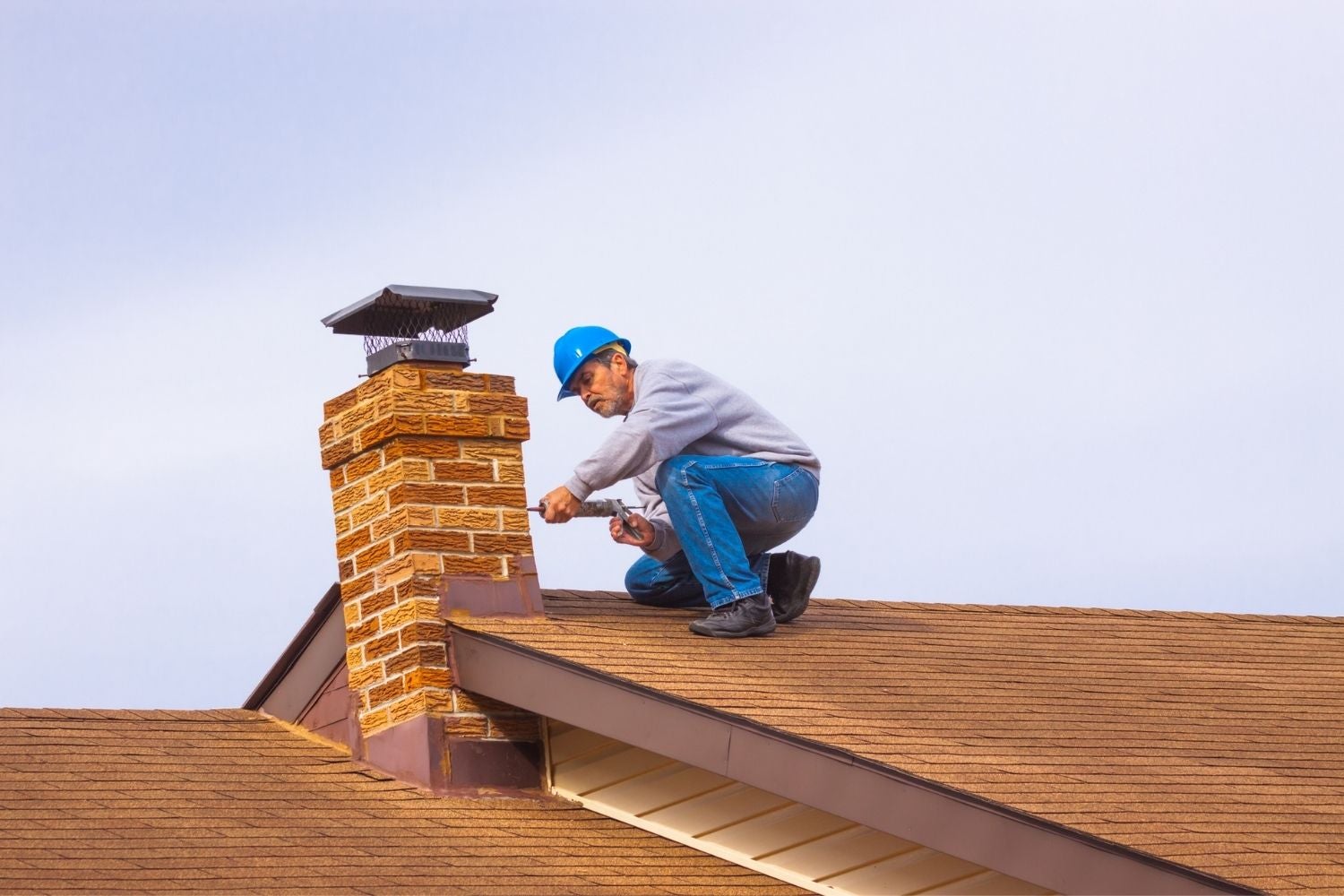

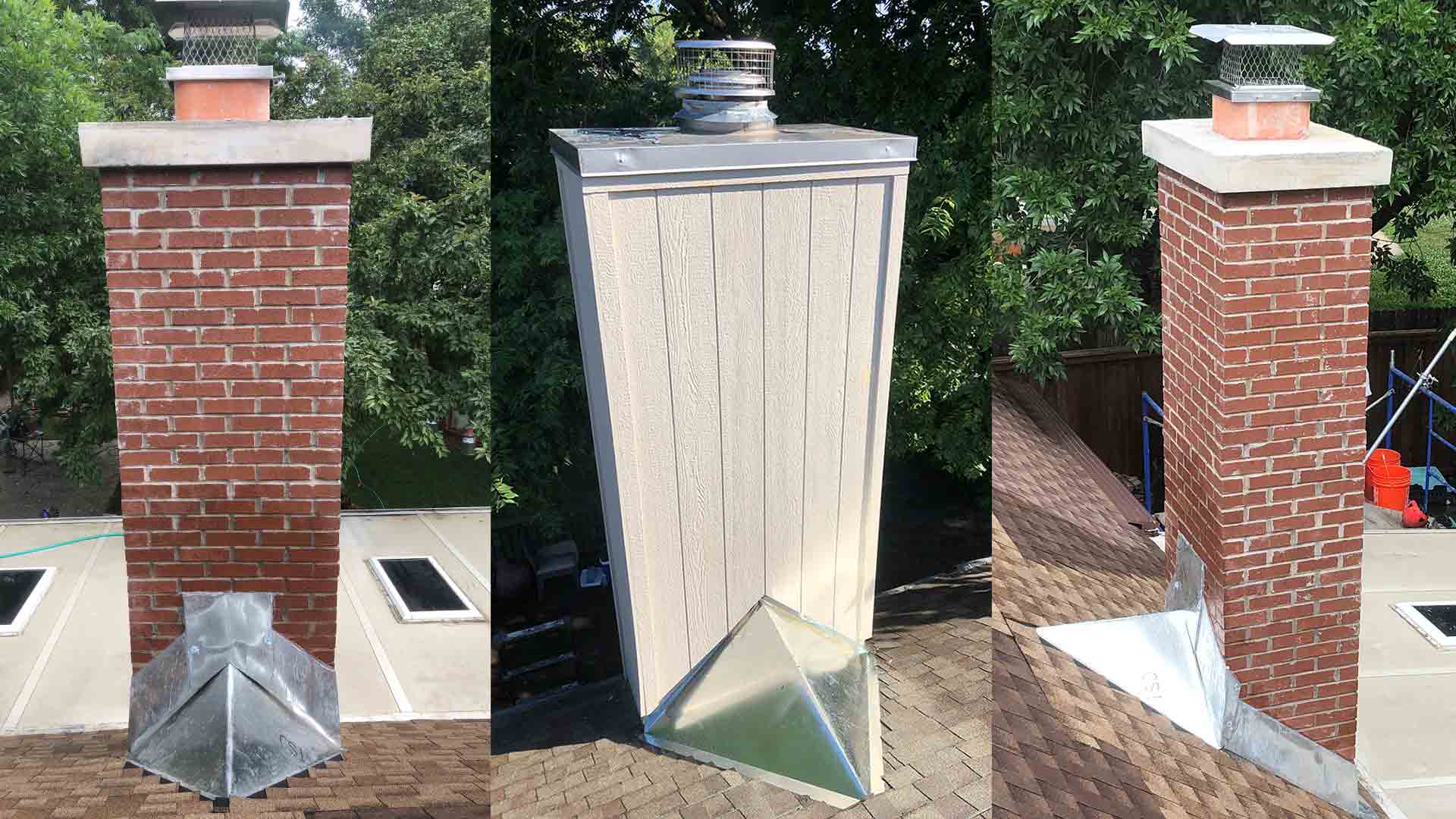

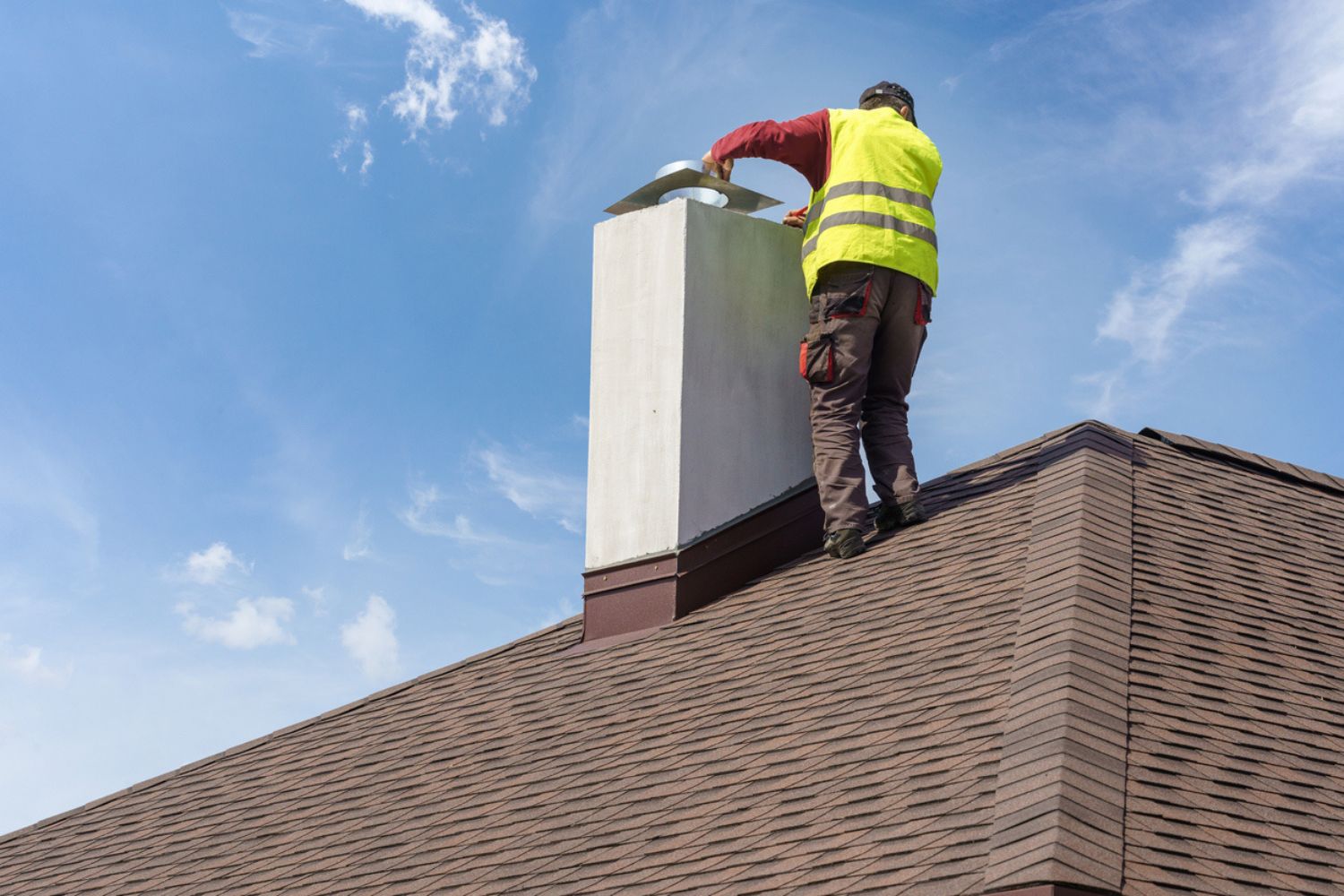

0 thoughts on “How Much To Repair Refrigerator”